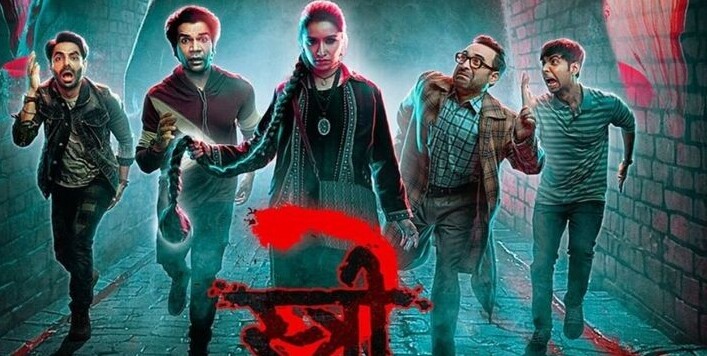Here Is Why I Think Characters Such As Bulbbul And Stree Should Exist


Here Is Why I Think Characters Like Bulbbul and Stree Should Exist, Especially for Women in South Asia
In a world where the night still strikes fear into the hearts of many women, especially in South Asia, stories like Bulbbul and Stree aren’t just tales to be enjoyed—they’re symbols of the empowerment we desperately need.
Imagine walking down a dimly lit street at night, the soft rustle of leaves and the distant hum of the city your only companions. For many women, this isn’t a peaceful moment; it’s a time when fear creeps in, a reminder of the dangers lurking in the shadows. But what if that darkness wasn’t something to be feared but a place where powerful protectors thrived? That’s where characters like Bulbbul and Stree step in, rewriting the narrative.
Bulbbul, with her striking presence and fierce spirit, is more than just a character; she’s a force of nature, a guardian who rises from the ashes of pain and oppression to become a symbol of justice. Her story isn’t just about revenge—it’s about reclaiming power in a world that has too often stripped it away from women. In the eerie, haunting beauty of her story, Bulbbul transforms into a protector of the very spaces that once haunted her, turning fear into a tool for empowerment.
Then there’s Stree, a character shrouded in mystery and folklore, yet so deeply rooted in the realities of what many women face—constant surveillance, judgment, and the terrifying consequences of stepping outside societal norms. But in her story, Stree isn’t the one to be feared; she’s the one who commands fear. She becomes a figure that flips the script, where those who once terrorized are now the ones looking over their shoulders, where the night becomes her domain.
Why should these characters exist? Because they embody a shift in narrative—a shift that’s crucial for women who live with the reality of not feeling safe in their own countries, let alone on the streets at night. Bulbbul and Stree are not just characters; they are the embodiment of the freedom to walk through the night without the weight of fear pressing down on you. They represent a world where the darkness is no longer something that hides dangers, but a place where women can walk with their heads held high, knowing that they, too, have protectors—if not in the physical sense, then in the strength these characters inspire.
In South Asia, where cultural expectations, societal norms, and unfortunately, the harsh reality of safety concerns often limit women’s freedom, characters like these serve as a much-needed breath of fresh air. They challenge the status quo, offering an alternate reality where the tables are turned, and fear isn’t a one-way street. They show us that power can take many forms, and sometimes, that power is most potent when it comes from those who have been wronged, from those who refuse to be victims any longer.
These characters should exist because they give women something more than just a story—they give them a sense of possibility, a hint of what it could feel like to walk through life without constantly looking over their shoulder. They’re reminders that strength doesn’t always come from traditional sources; sometimes, it’s born from the shadows, from the whispers of legends, and from the resilience that refuses to be silenced.
So, here’s to Bulbbul, Stree, and every other character that dares to challenge the darkness. Here’s to a world where women can feel safe, free, and powerful—because in these stories, we find the courage to believe that such a world is possible.
